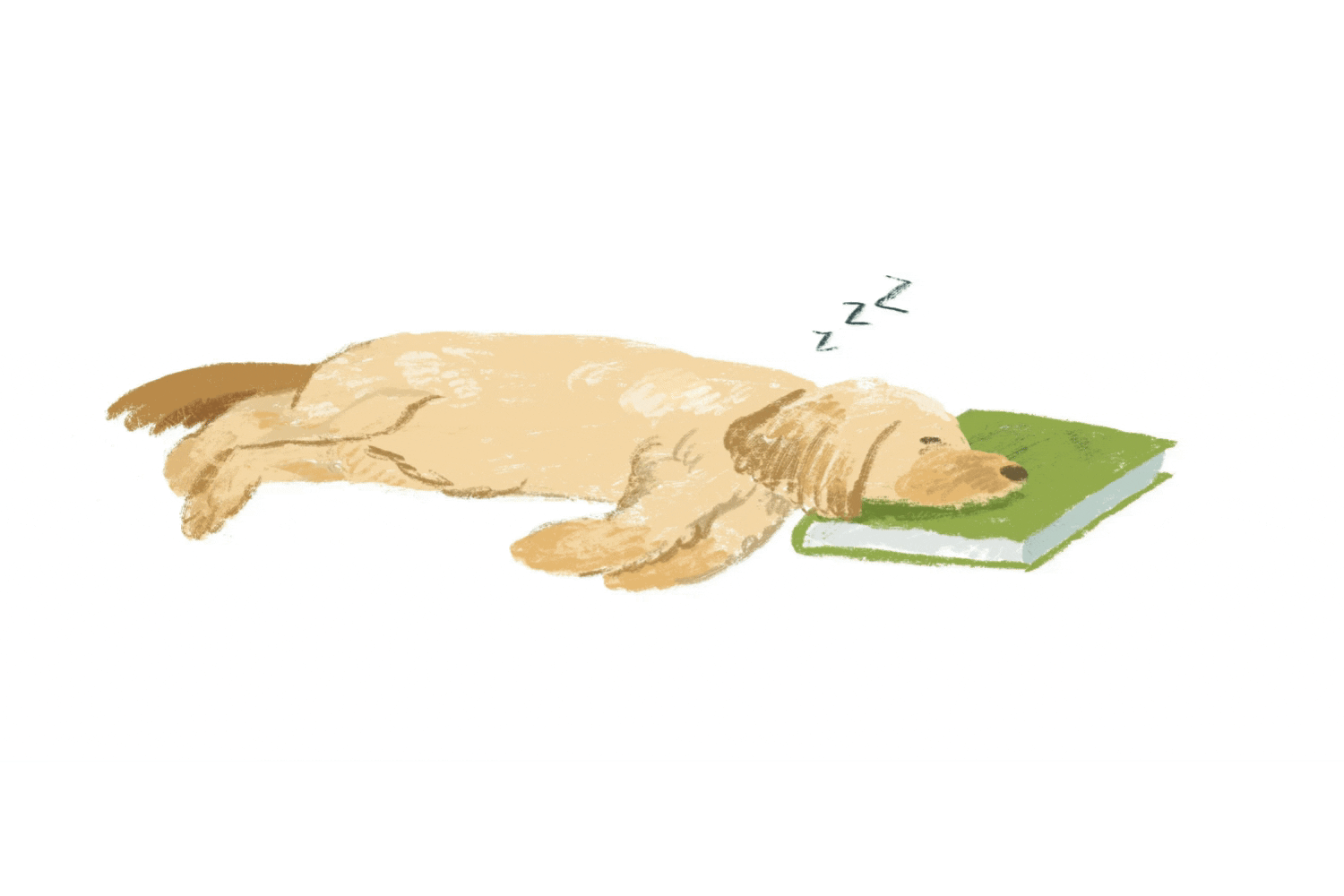FICTIONOur Evenings by Alan Hollinghurst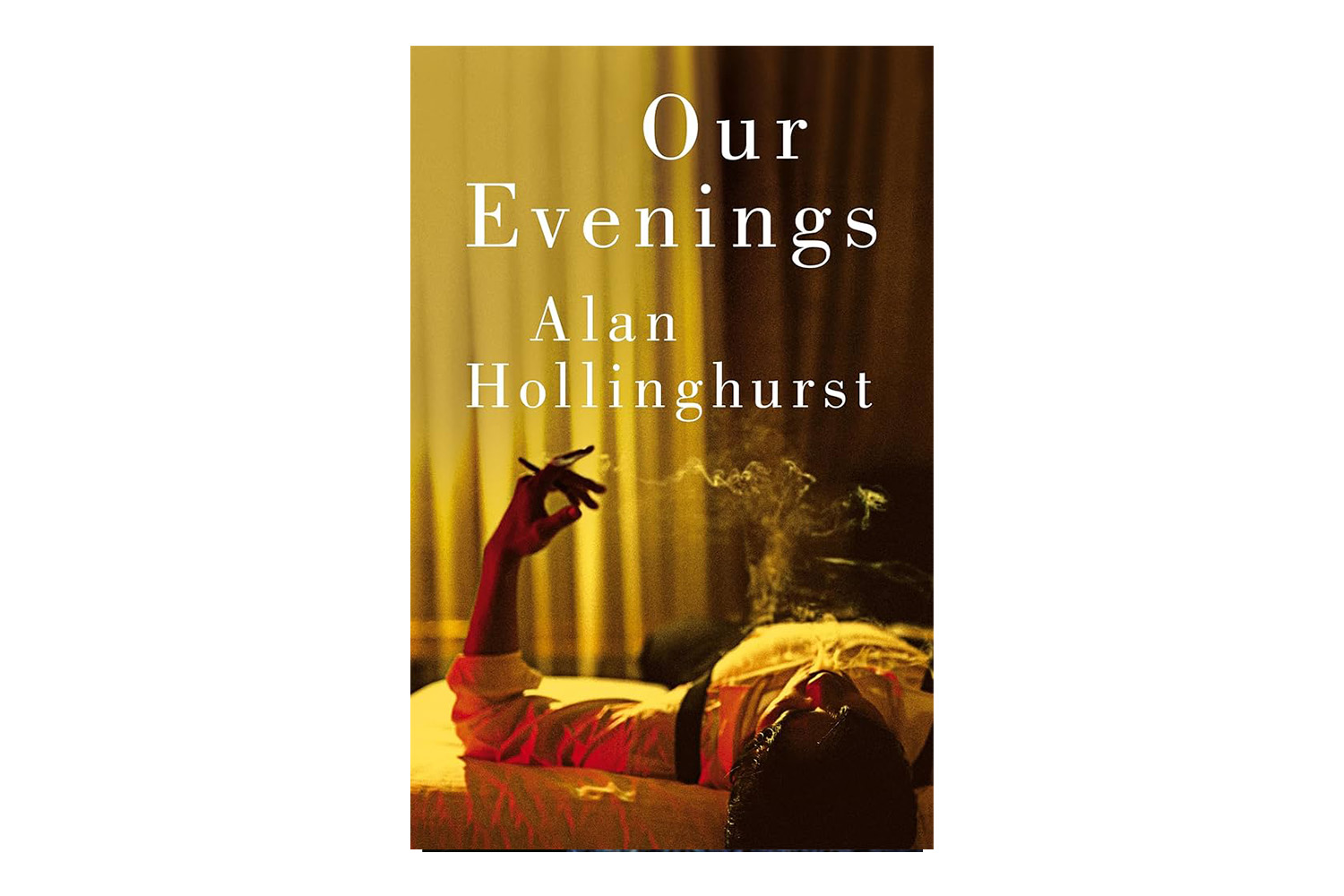
Newly released in paperback, Alan Hollinghurst’s Our Evenings is the story of Dave Win, an Anglo-Burmese actor born in the late 1940s. Unfolding across seven decades, the novel moves from the 1960s to the pandemic, tracing the quiet, formative moments of Win’s life with unhurried grace. Our Evenings is a novel about acceptance: of time’s passage, of one’s limitations, of the small victories that make existence meaningful. It is a work of quiet power, a novel that finds its emotional weight not in dramatic confrontations but in the slow, steady accumulation of a life, with all its beauty and sadness.
Picador, £9.99; order a copy from The Observer Shop for £8.99
Dream Count by Chimamanda Ngozi Adichie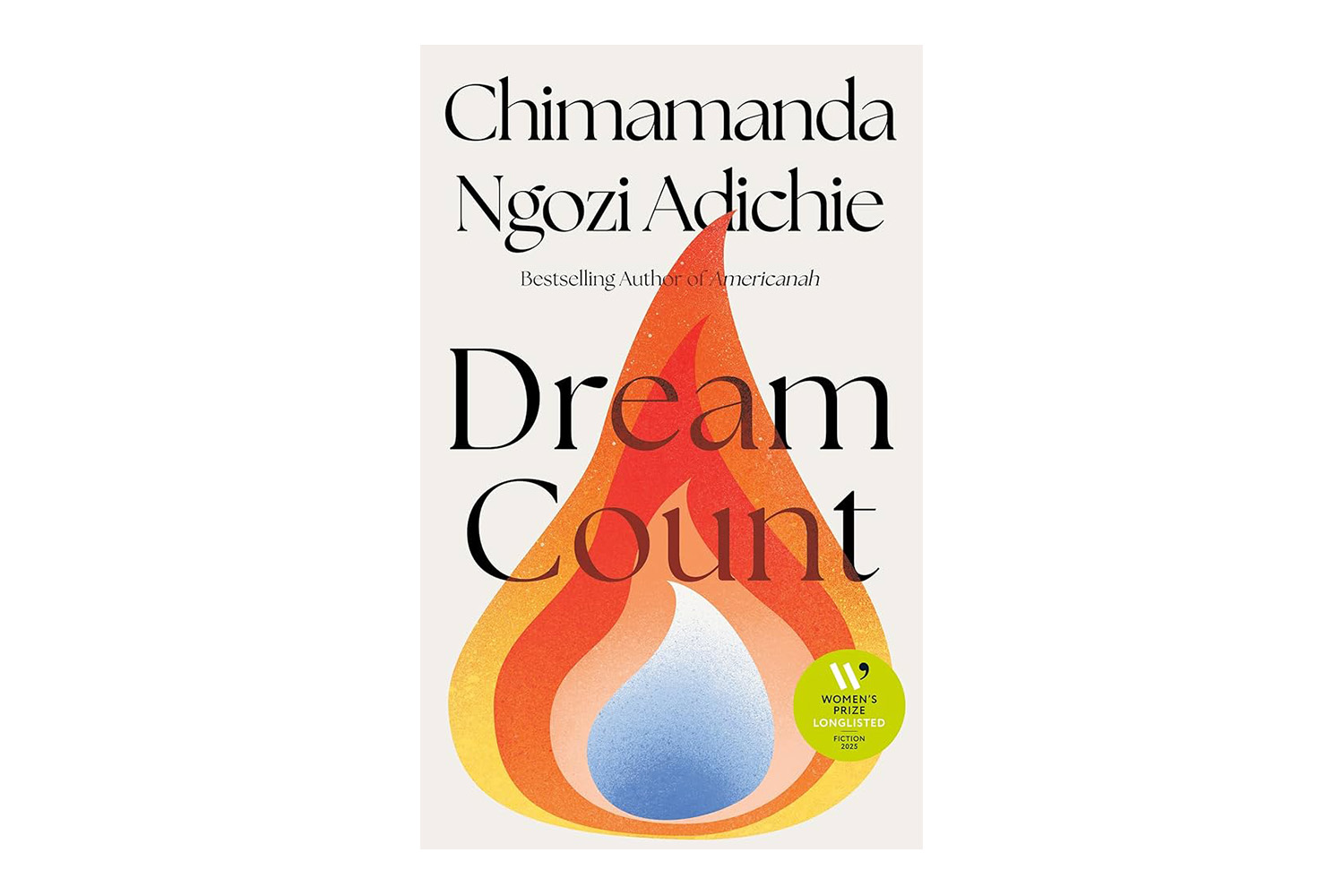
Like Americanah and her story collection The Thing Around Your Neck, Chimamanda Ngozi Adichie’s new novel, Dream Count, is set between Nigeria and the US. Where those earlier books eyed American mores from immigrant vantage points, her first novel in 10 years is a bumper compilation of middle-aged life experience, built around the friendship of three Nigerian women whose lives haven’t panned out as imagined with respect to marriage and motherhood. With its light-footed dialogue, witty satirical flourishes and generous social portraiture, Dream Count offers the thrill of time spent in the company of flesh-and-blood characters lavishly imagined in the round.
Fourth Estate, £20; order a copy from The Observer Shop for £18
The Safekeep by Yael van der Wouden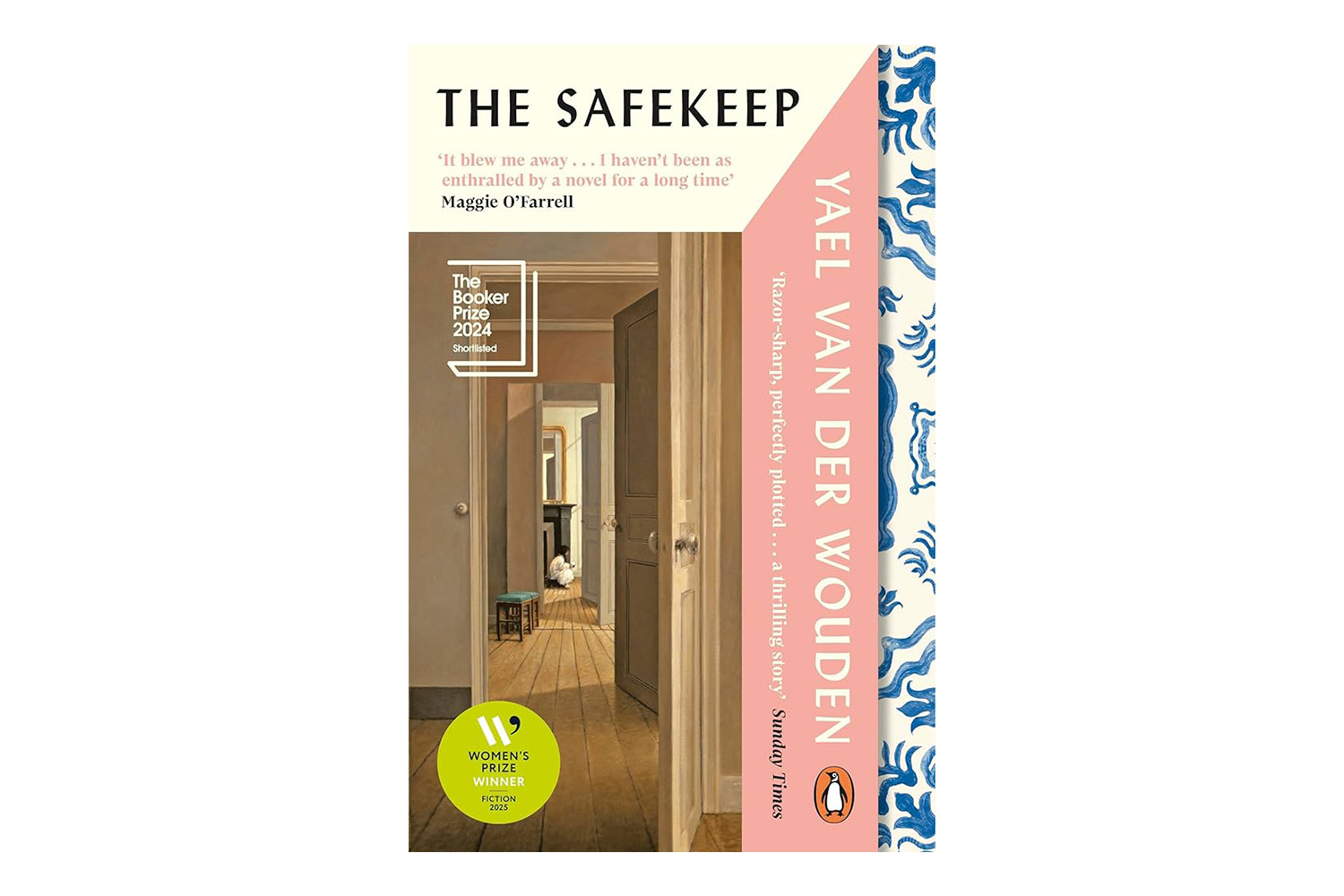
Yael van der Wouden’s compelling, clever novel – now out in paperback – features several irresistible literary devices. A grand old house. A festering family secret. The shadow of the second world war. And plenty of erotic tension, bringing heat and dynamism to a story that interrogates dark themes of antisemitism, displacement and inherited trauma. In the Netherlands in the 1960s, the reclusive, hardened Isabel lives alone in her childhood home, tending obsessively to its heirlooms, dreading the day her elder brother might take possession of it. When his girlfriend Eva moves in, Isabel is immediately suspicious of her. The thrill of Van der Wouden’s sly book is that it feels both juicy (the US cover features two suggestive pears, dripping with condensation) and deeply important.
Penguin, £9.99; order a copy from The Observer Shop for £8.99
Flesh by David Szalay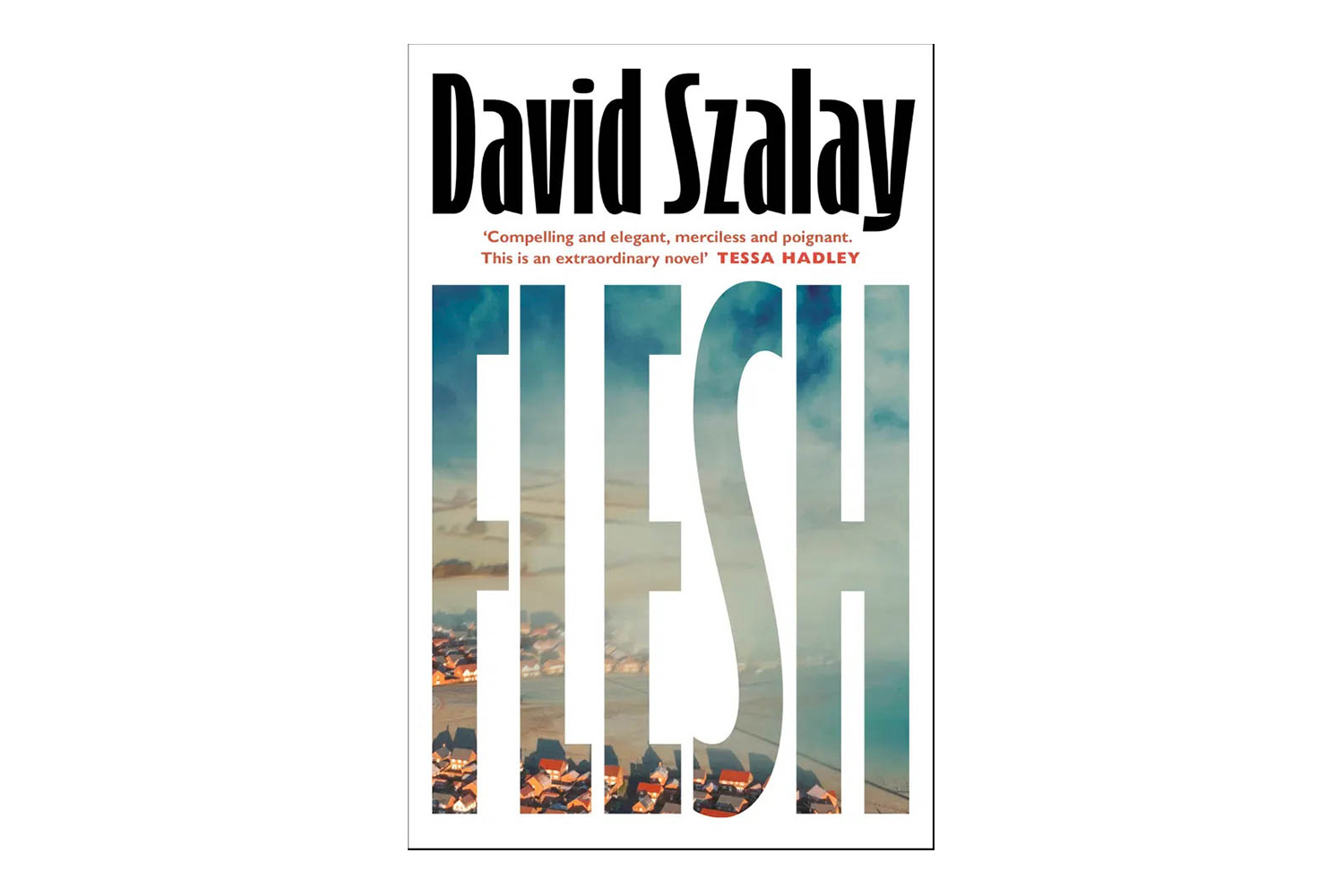
To describe David Szalay’s sixth novel as a rags-to-riches tale would be to undersell the lingering sense of precarity that never quite leaves his sparse but hypnotic prose. We meet István as a young boy living on a housing estate with his mother in Hungary, on the brink of tumultuous events that begin with the shock of puberty. “My aim was to try to be as honest as possible about what it’s actually like to be a male body in the world,” said Szalay in The Observer, and the desires and disappointments of his body are István’s long companions over many years, from Hungarian strip clubs to helicopters drifting over London.
Jonathan Cape, £18.99; order a copy from The Observer Shop for £17.09
Fun and Games by John Patrick McHugh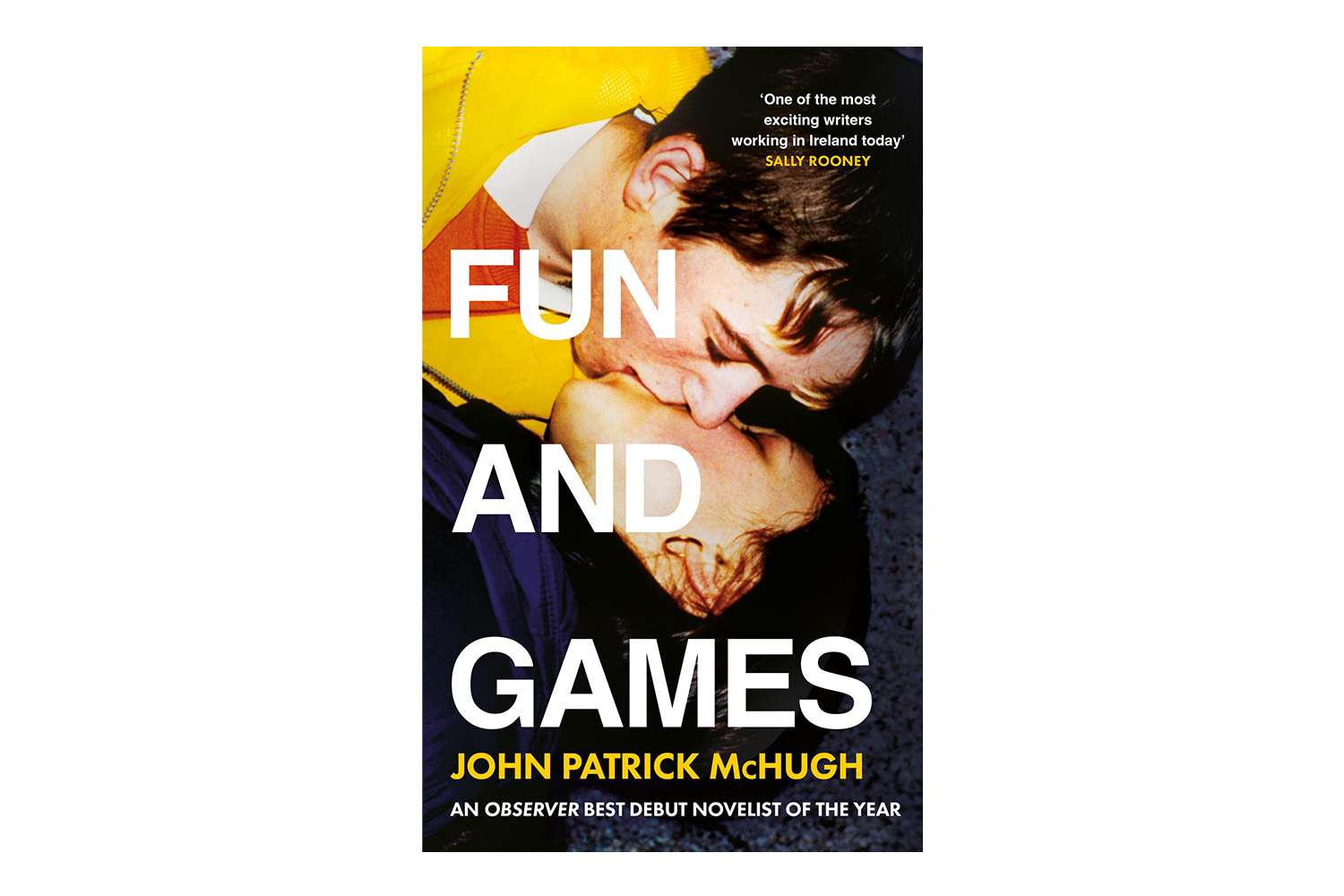
In an excellent chaser to Flesh, Observer debut novelist John Patrick McHugh captures teenage boyhood in all its darkly comic absurdity. It is the summer of 2009 and 17-year-old John Masterson is dealing with the fallout of a lo-res photograph of his mother’s breasts going viral on the remote island where he lives off County Mayo. As a result, John is known as “Tits” by his friends – one of many blunt examples of the cruelty of teenage boys. McHugh set the book in the pre-smartphone era and chose a year without the distraction of international football: “I wanted the mother’s photo to be almost like a relic,” he told The Observer.
Fourth Estate, £16.99; order a copy from The Observer Shop for £15.29
All Fours by Miranda July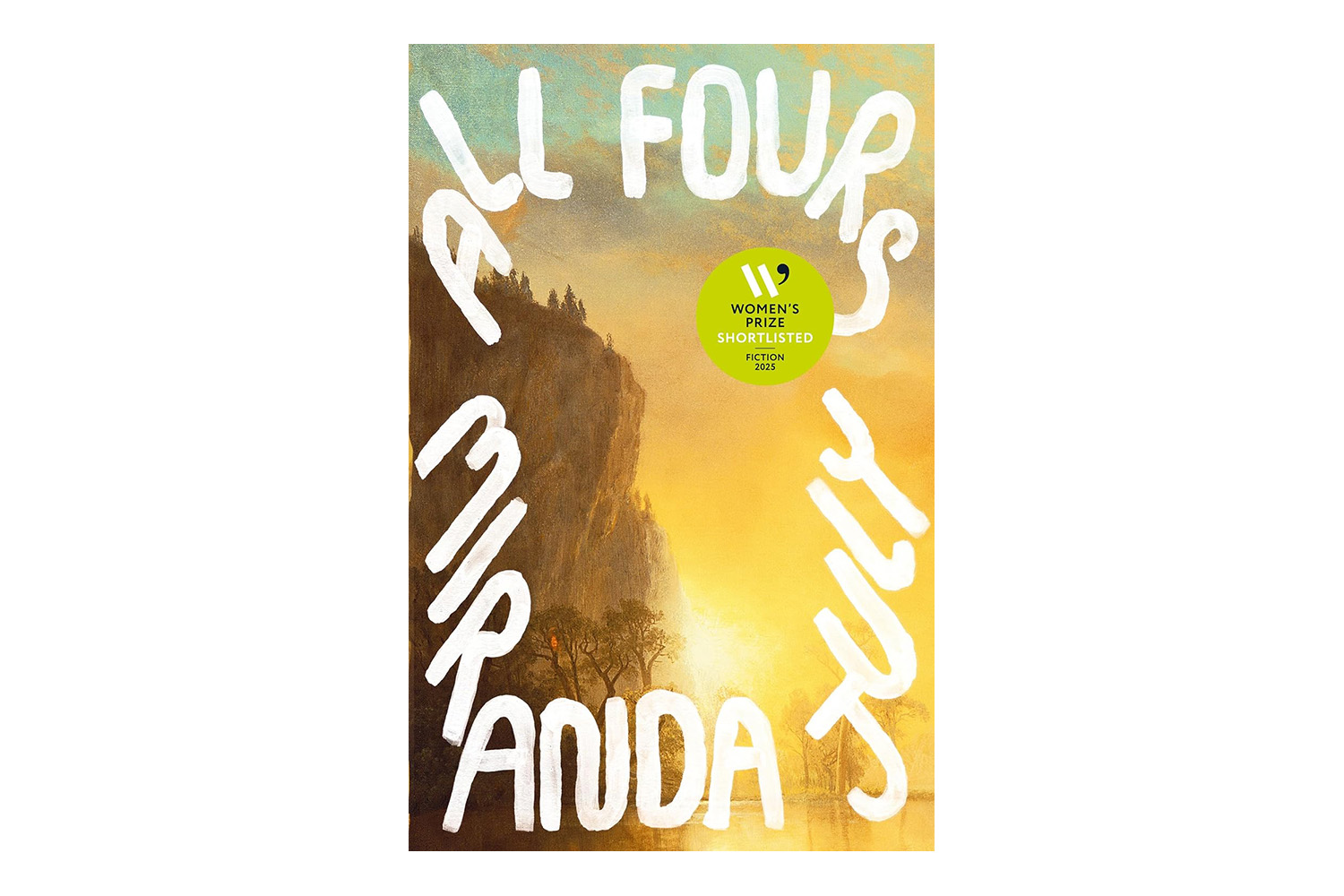
A woman leaves her family to drive from LA to New York; 15 minutes in, she abruptly stops to hide out in a motel room. But the real journey of this transcendent and frequently laugh-out-loud funny novel is an inner one. Standing at the cliff edge of menopause, Miranda July’s protagonist reconsiders her own shame and desires. Vibrating with big feelings, All Fours is now out in paperback and having something of a renaissance. Perhaps it never went away: its presence in group chats and book clubs has been so great that women were reported to have suddenly, gleefully upended their own lives as a result of reading it and realising they could.
Canongate, £9.99; order a copy from The Observer Shop for £8.99
Perfection by Vincenzo Latronico, translated by Sophie Hughes
Georges Perec’s 1965 novel Things: A Story of the Sixties was less concerned with its central couple, Jerôme and Sylvie, than their beautifully furnished surroundings. Here, the Italian writer Vincenzo Latronico updates the book for the era of flat-lay breakfast shots on Instagram and the sort of half-hearted activism that has the main aim of being noticed online. Anna and Tom are freelance digital creatives, reflexively wanting “to press Command-Z” when they spill their coffee, haunted by their own digital avatars, who they can never live up to. Excellently translated by Sophie Hughes, it is an all too recognisable snapshot of a generation that wants to be original, just like everyone else. It may even help you leave your phone behind while reading by the pool.
Fitzcarraldo, £12.99; order a copy from The Observer Shop for £11.69
Show Don’t Tell by Curtis Sittenfeld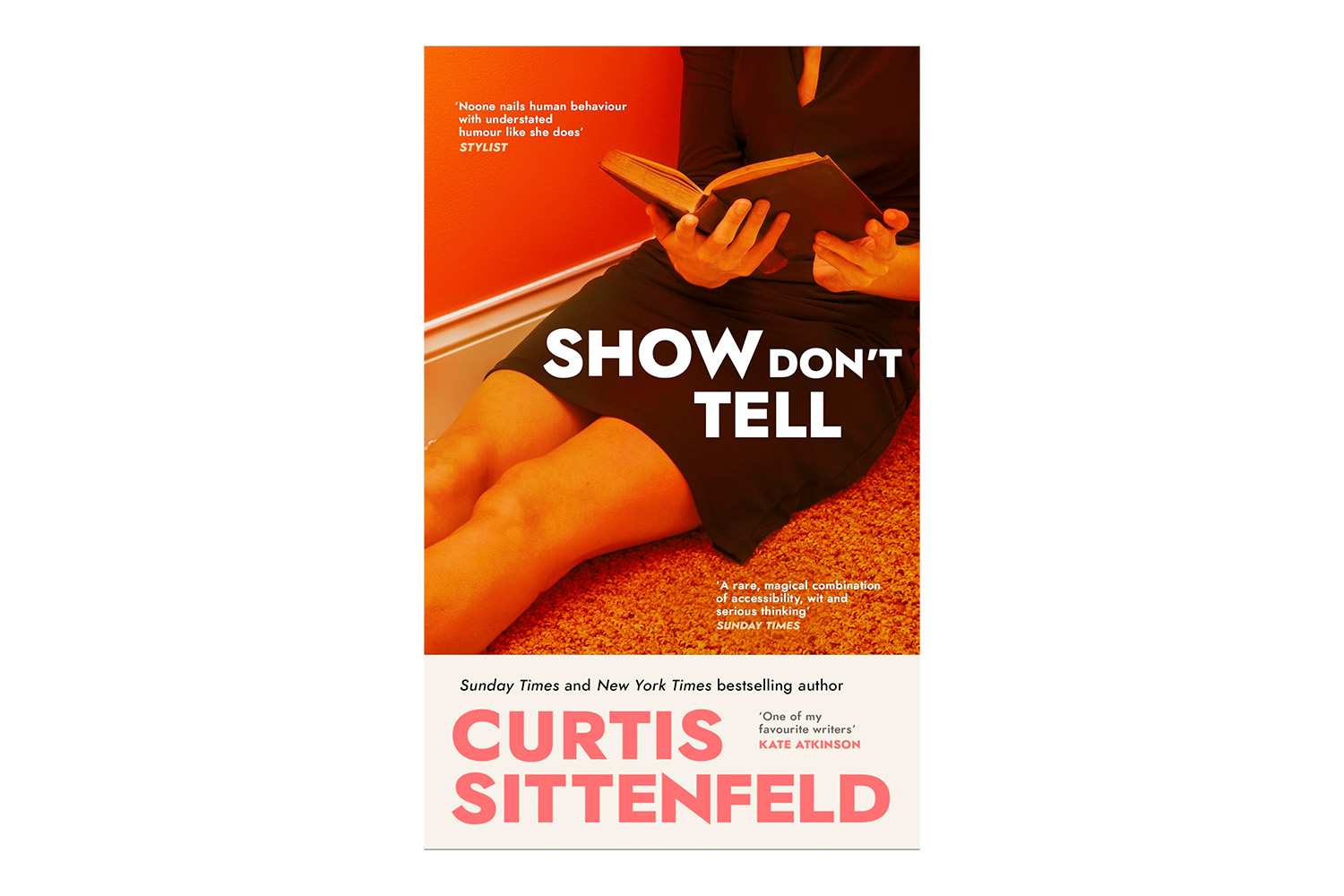
Curtis Sittenfeld pulls from pop culture, celebrity gossip and the news for her witty, zeitgeisty short stories, which are full of astute observations and characters so convincing that they feel immediately familiar. These 12 stories focus on clever but unfulfilled midwestern women, and reference Jeff Bezos, social distancing, the “Mike Pence rule” and public shaming. Her narrators’ voices are funny, warm and informal, making her stories such an easy pleasure to read that they disguise the skill behind Sittenfeld’s attentive prose.
Doubleday, £16.99; order a copy from The Observer Shop for £15.29
Universality by Natasha Brown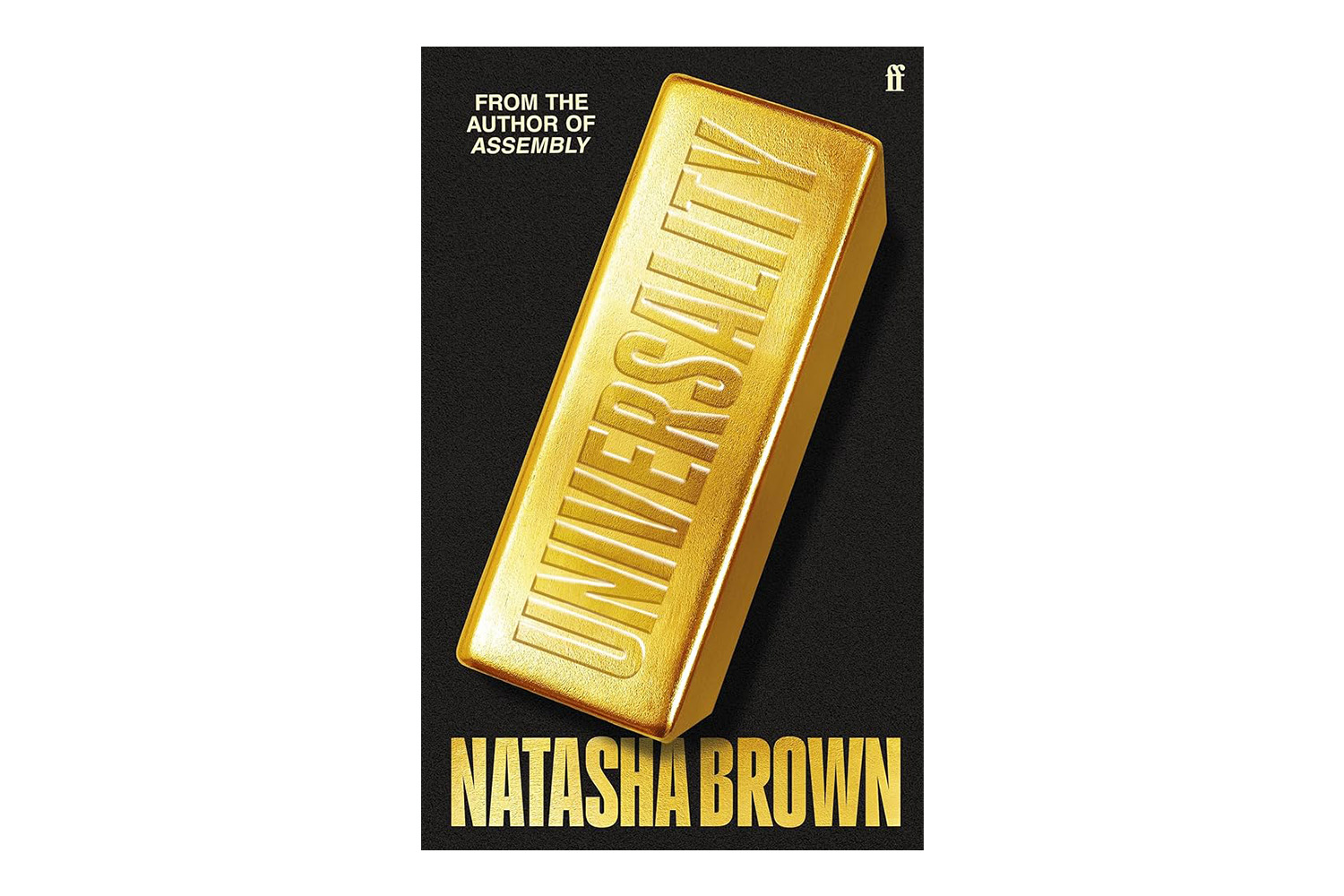
Natasha Brown’s taut second novel opens with a reminder of how heavy a solid bar of gold feels in your hands: a 12.5kg ingot is used to bludgeon a farmer in a murder case the story revolves around. But Brown compellingly makes the case that our words are our most dangerous weapon and, through the rotating perspectives of each chapter, our cynicism hardens as to whose we can trust. What first appears as a crime thriller becomes a story about media bias, the outrage economy – where broadsheets churn out stories claiming white men “are the most discriminated-against group in this country” – and the far-reaching consequences of the language we use.
Faber & Faber, £14.99; order a copy from The Observer Shop for £13.49
The Switch by Elmore Leonard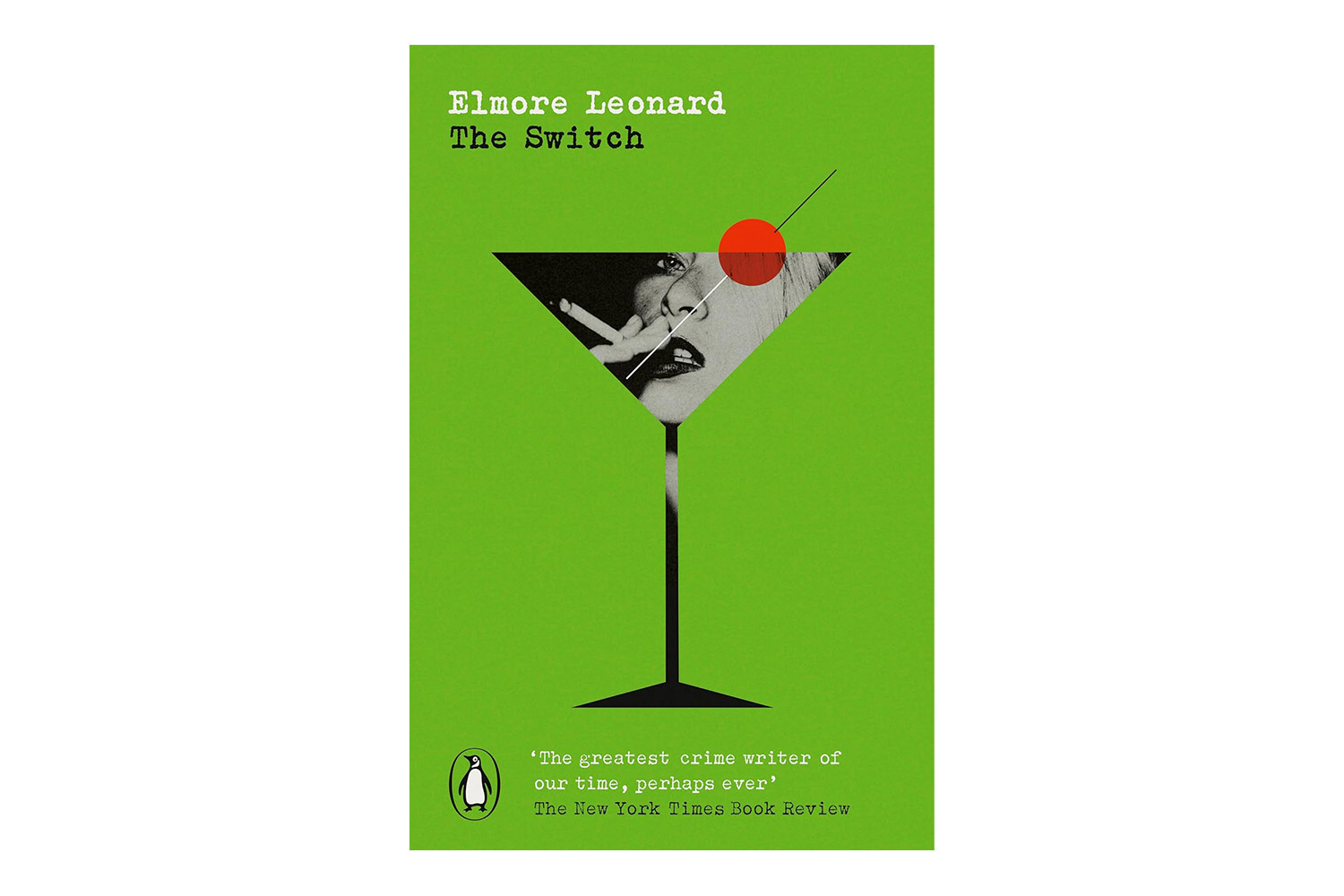
Elmore Leonard’s centenary year is the ideal time to discover, or rediscover, the prolific American western and crime writer whose work – fuelled by wit, charm, action and dialogue – dominated cinema screens in the 1990s: Jackie Brown, Out of Sight and Get Shorty were all adapted from his books. In The Switch (1978) – one of three novels reissued by Penguin – a criminal pair teams up with a neo-Nazi with “cement for brains” to kidnap Mickey, the wife of a Detroit businessman, and demand a $1m ransom. But unknown to them – and to Mickey – her husband has just initiated divorce proceedings, so killing her is less of a threat and more of a gift. The chaotic, blackly comic story is carried aloft on Leonard’s cool, easy prose.
Penguin Modern Classics, £9.99; order a copy from The Observer Shop for £8.99
NONFICTIONJohn & Paul: A Love Story in Songs by Ian Leslie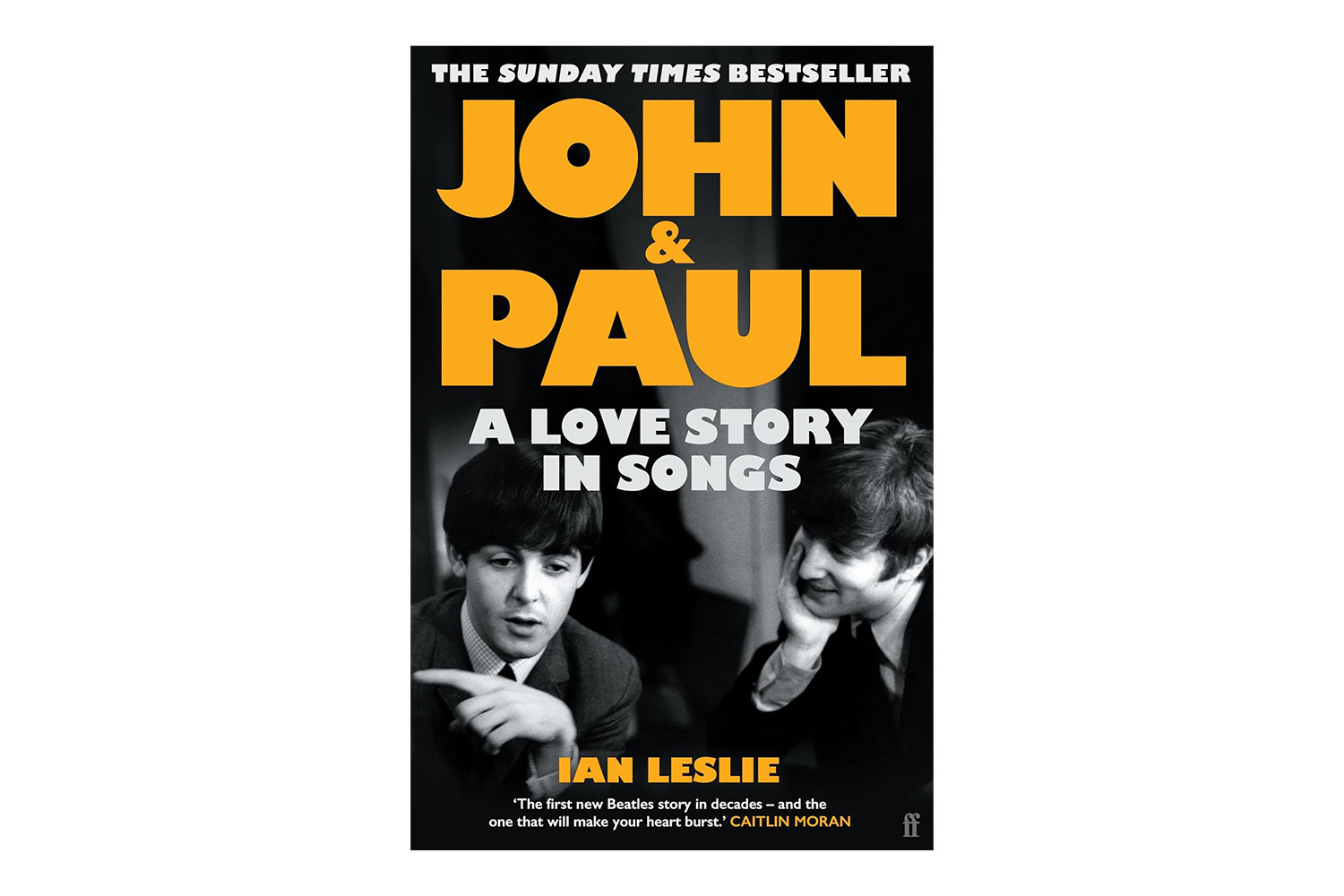
Instead of fading over time, Beatles songs take on a richer colour. The effect of Ian Leslie’s book is that a song we thought we knew suddenly sounds even better. This is a book that offers not only a lesson in listening (again) but an enthralling narrative of friendship, creative genius and loss. At its centre is the songwriting partnership of John Lennon and Paul McCartney, and the unprecedented peaks the two of them scaled in remaking popular music in Britain. You may find it impossible not to be awed by their achievement all over again.
Faber & Faber, £25; order a copy from The Observer Shop for £22.50
Don’t Forget We’re Here Forever: A New Generation’s Search for Religion by Lamorna Ash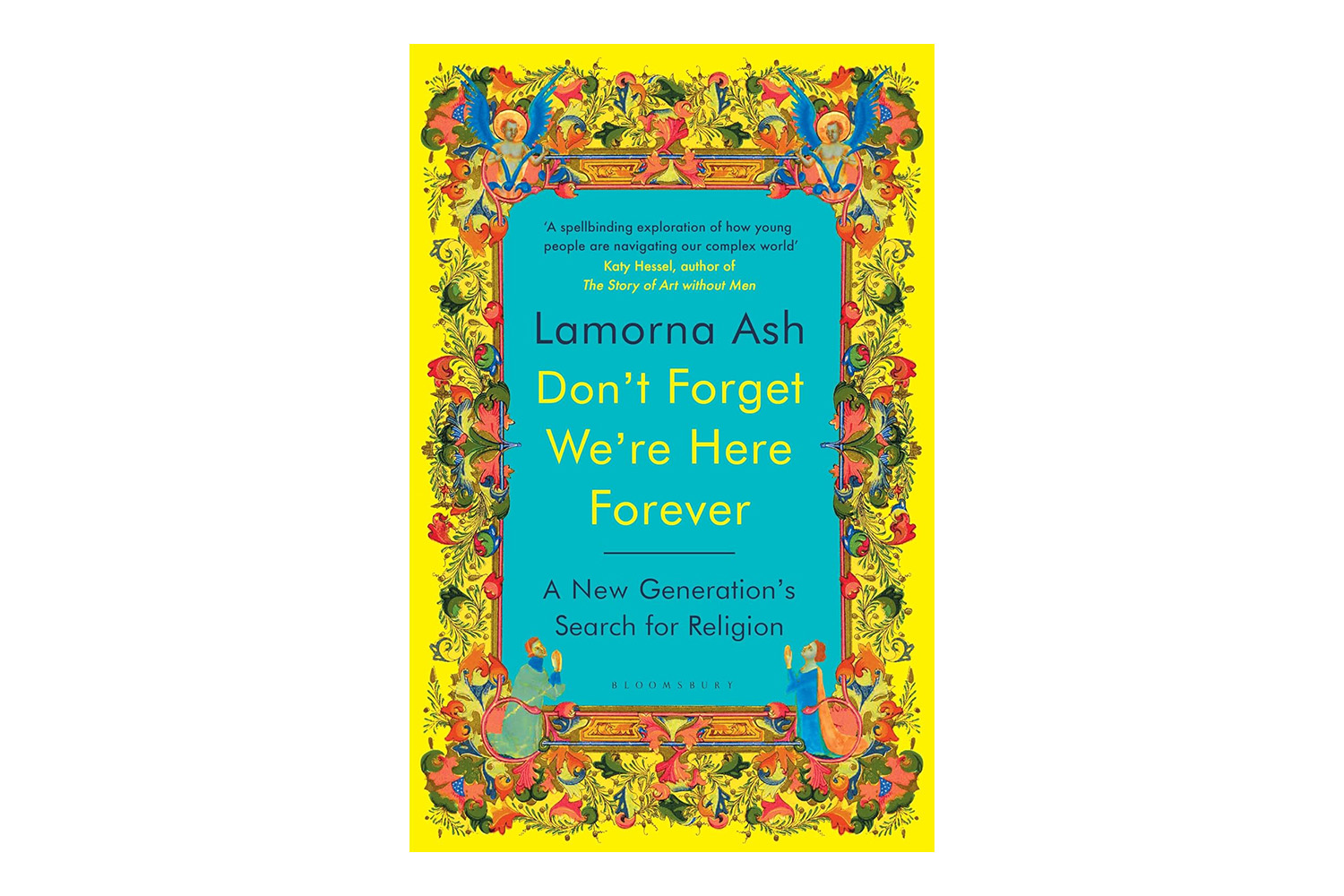
Two university friends spontaneously converting to Christianity inspired Lamorna Ash to begin a year-long process of attending services by their side, asking seemingly straightforward yet colossal questions. Do they believe in heaven? What about demons? Ash soon sought out other converts and found Christians in their twenties and thirties who were looking for community and a way to find meaning in the world. Her account of living on the island of Iona in the Inner Hebrides, where her mind steadied and bouts of illness abated as she gave in to prayer and service, makes for a compelling exploration of the power of belief.
Bloomsbury Circus, £22; order a copy from The Observer Shop for £19.80
Children of Radium: A Buried Inheritance by Joe Dunthorne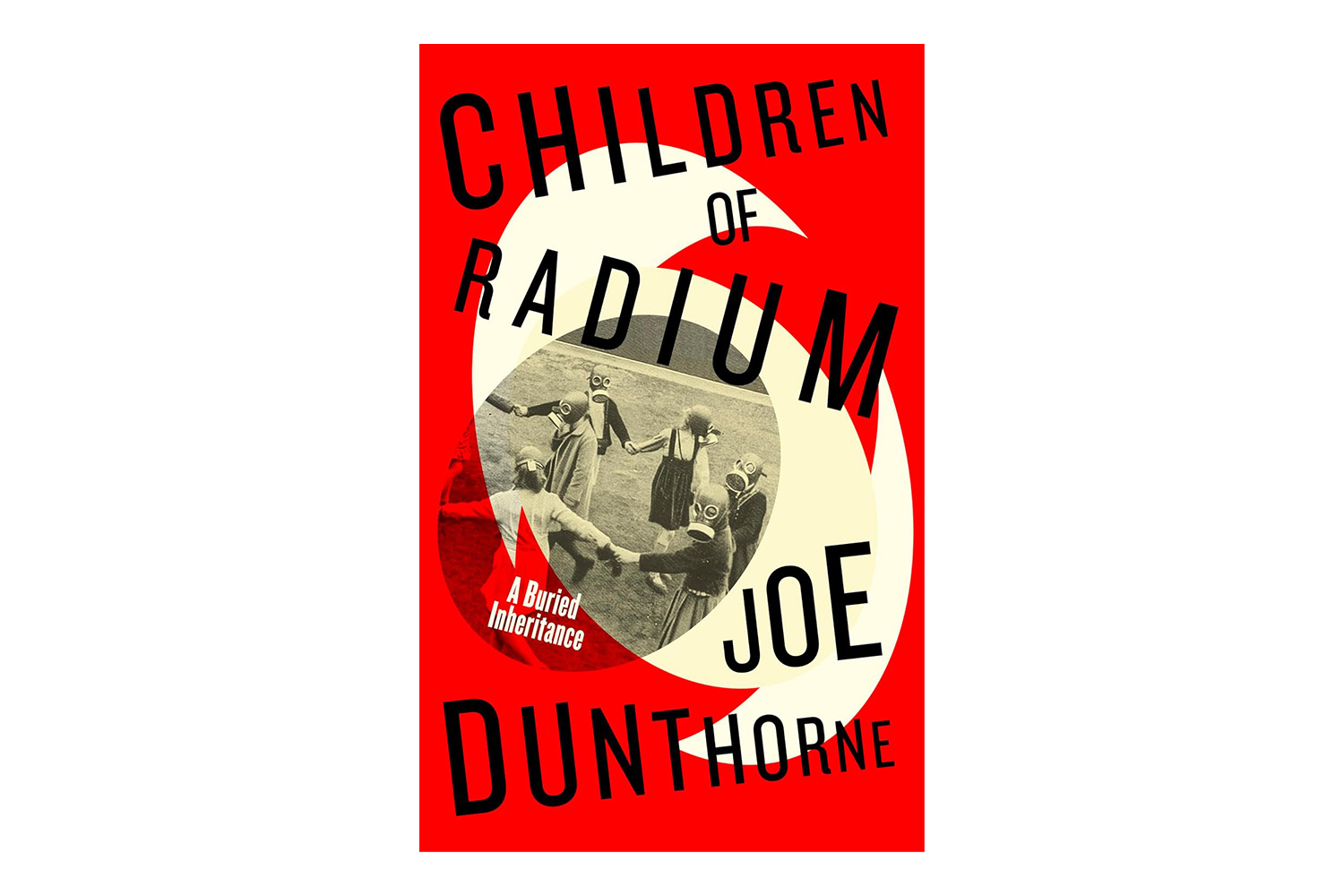
Joe Dunthorne originally envisaged this book as a story of his grandmother’s childhood escape from the Nazis; the reality turned out to be more complex. Narrated with the twists and turns of a detective story, Children of Radium is a family memoir that records his discovery of just how little he knew of his German Jewish heritage. His journey starts when he finds a 2,000-page unpublished memoir by his great-grandfather Siegfried, a scientist who worked at a secret chemical weapons laboratory near Berlin before he and his family left for Turkey. As revelations and ambiguities mount, the book plays out as a tangled investigation of complicity, courage and cowardice, ceaselessly oscillating between potential indictment and mitigation.
Hamish Hamilton, £16.99; order a copy from The Observer Shop for £15.29
We Were There: How Black Culture, Resistance and Community Shaped Modern Britain by Lanre Bakare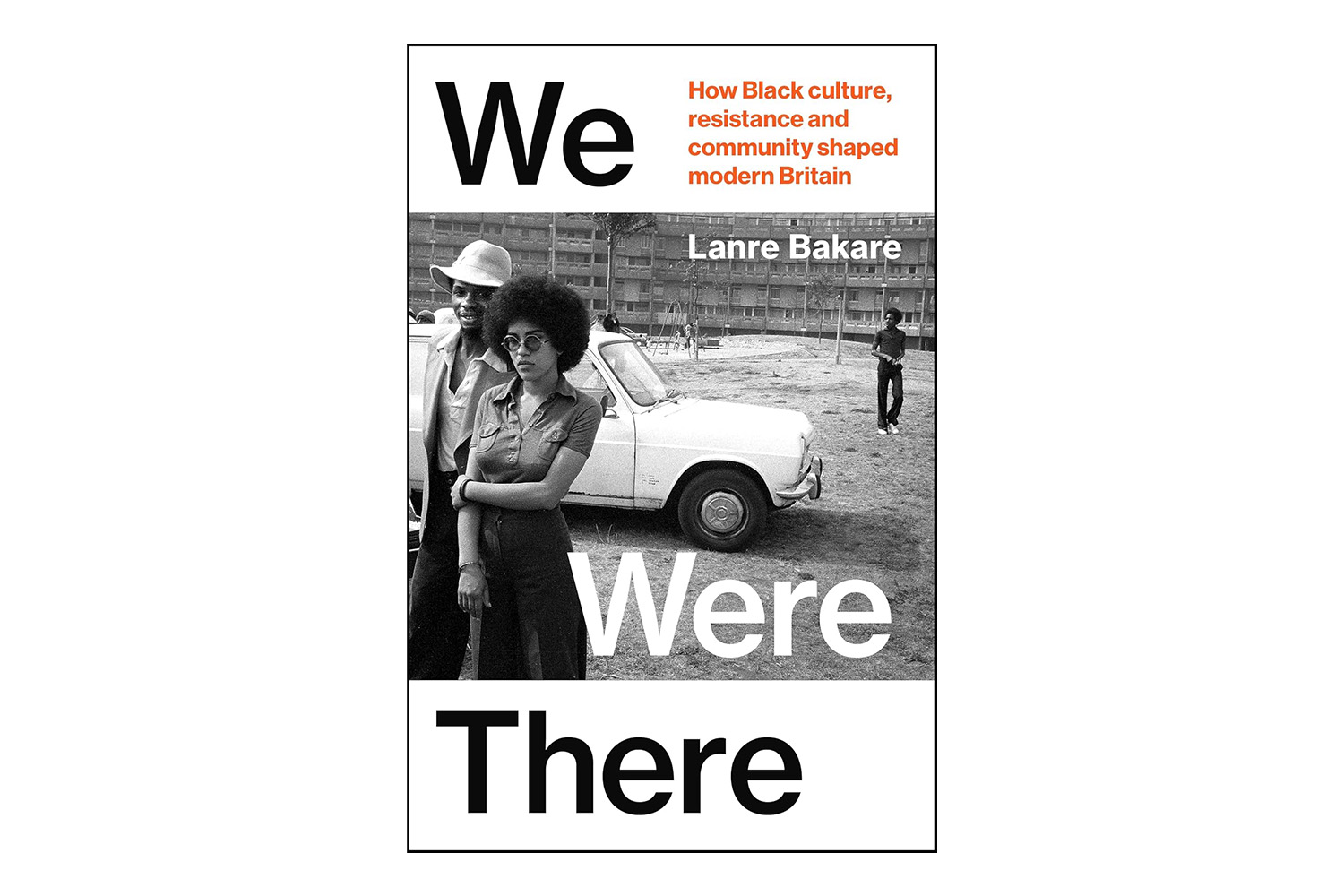
What if the contributions of black Britons to the nation’s history were not simply overlooked, but purposely obscured? Focusing on the 1970s and 80s – when, he argues, modern black Britishness was forged – Lanre Bakare unearths forgotten stories of black participation in cultural movements, restoring the true tapestry of British culture. We Were There admirably provides further evidence of “black people’s influence on the UK”. If these stories are only told in isolation, “they can be dismissed as curiosities”, writes Bakare, “that don’t alter our sense of what constitutes British culture”.
Bodley Head, £22; order a copy from The Observer Shop for £19.80
Careless People: A Story of Where I Used to Work by Sarah Wynn-Williams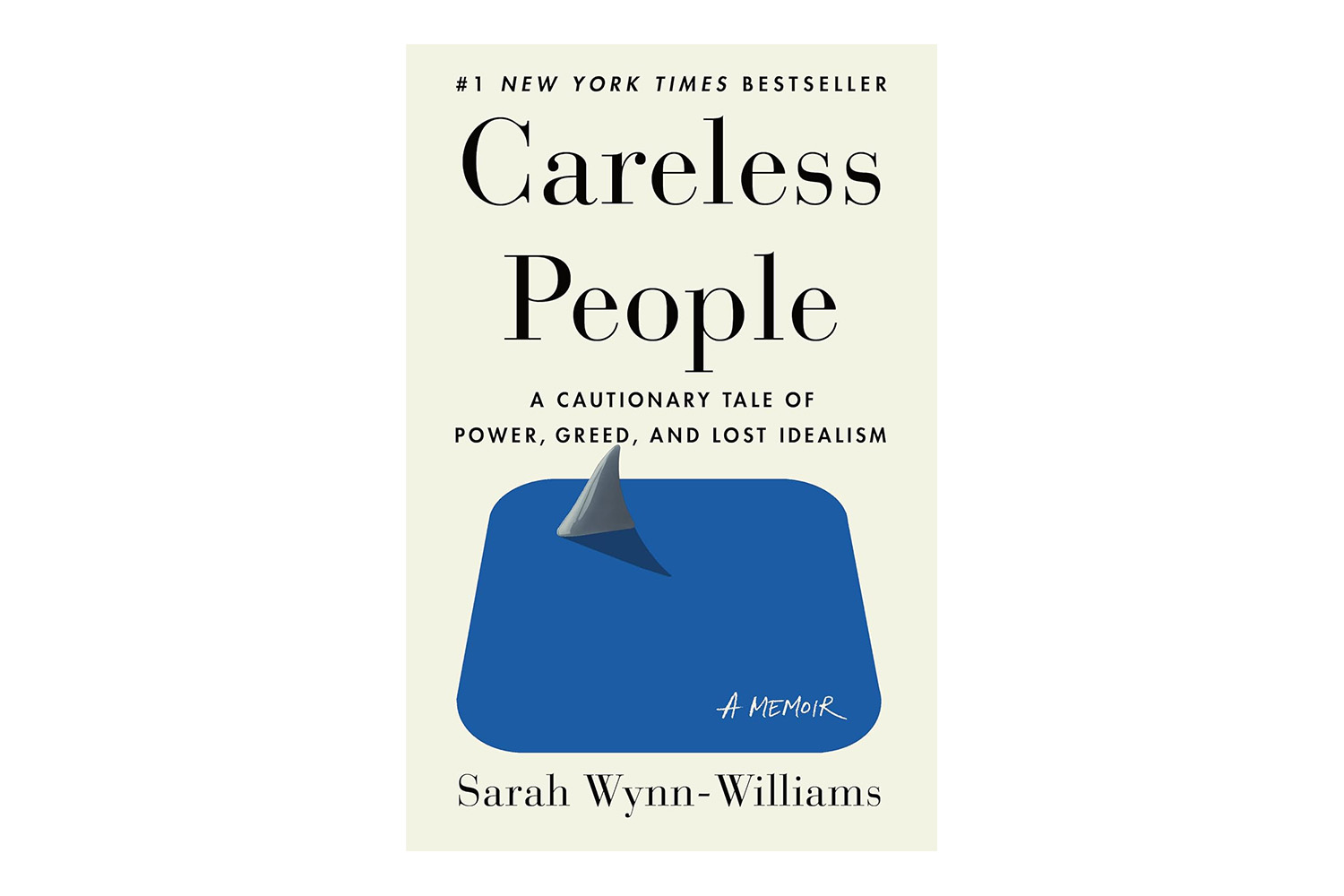
Former Facebook employee Sarah Wynn-Williams’s book – which takes its title from the “careless people” who “smashed up things” in F Scott Fitzgerald’s The Great Gatsby – was denied the full outrage it should have generated upon release, owing to a legal ruling in the company’s favour that prevented her from promoting the memoir. Here, she recounts the entitled behaviour of Facebook bosses, not least the thin-skinned Mark Zuckerberg, whose employees let him win at board games during flights on his private jet and who lied to Congress about his concessions to China. Ex-chief operating officer Sheryl Sandberg comes off almost as poorly: encouraging female employees to take as little maternity leave as possible and asking Wynn-Williams twice to “come to bed” with her on a private plane. That Zuckerberg does not want you to read this book is perhaps the best endorsement of why you should.
Macmillan, £22; order a copy from The Observer Shop for £19.80
Electric Spark: The Enigma of Muriel Spark by Frances Wilson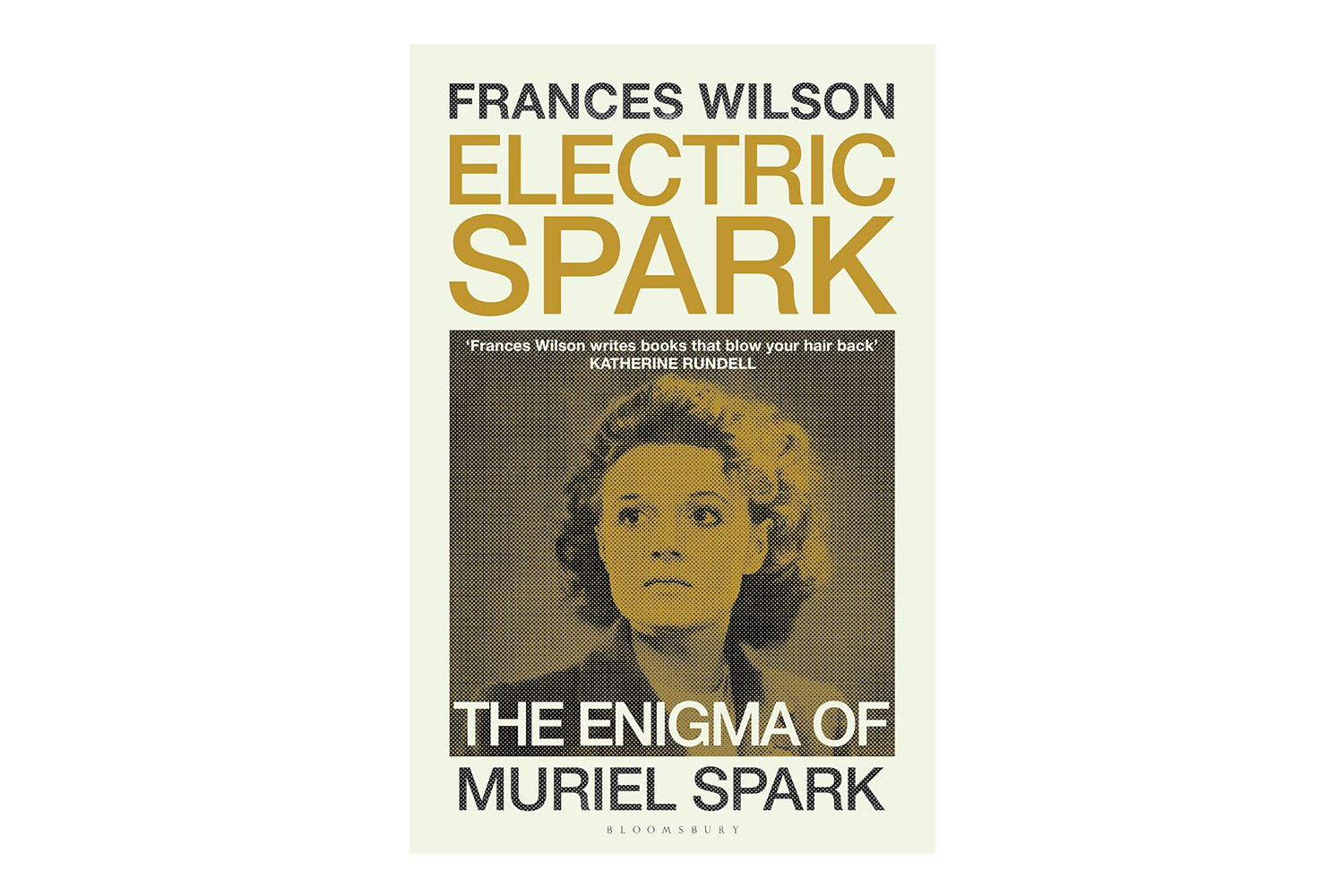
Frances Wilson’s biographies are intense, eclectic, intelligent and wildly diversionary. In Electric Spark, she might have found her ultimate subject – the cleverest and the weirdest of them all. Wilson’s chief interest lies not in Muriel Spark’s fame and those who fanned its flames; in Electric Spark, she is concerned only with the nascent writer, bubbling away like a pan on a stove. This is the story of “the years of turbulence when everything was piled on”, and to read it is to be drawn into a world that smells of gas fires, Max Factor pressed powder and thrumming ambition.
Bloomsbury Circus, £25; order a copy from The Observer Shop for £22.50
The North Road by Rob Cowen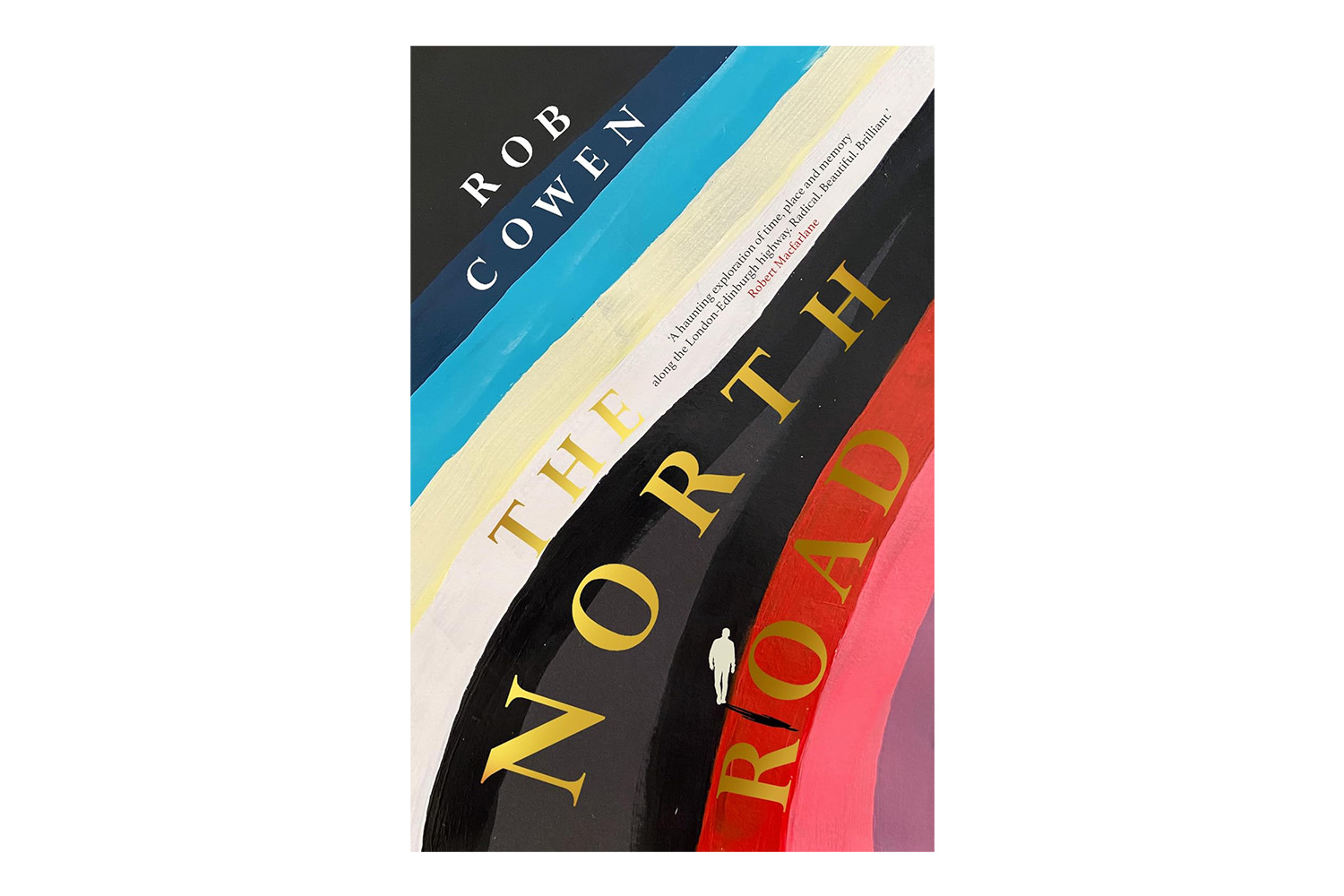
Rob Cowen’s beautifully written study of Britain’s longest numbered route, the London-to-Edinburgh A1, brings together its various verges, laybys and pit stops to make the case for it as the “backbone” of Britain – one that everyone has a story about. Cowen journeys back through its long history, from the Roman road beyond York that followed a “trail of blood” as the natives were suppressed, to the birthplace of Oliver Cromwell and childhood home of Margaret Thatcher. Conjuring the visual pleasure of a road movie as it motors on, The North Road is an ideal companion for when you inevitably find yourself stuck in some good old British summer holiday traffic.
Hutchinson Heinemann, £22; order a copy from The Observer Shop for £19.80
The Mind Electric: Stories of the Strangeness and Wonder of Our Brains by Pria Anand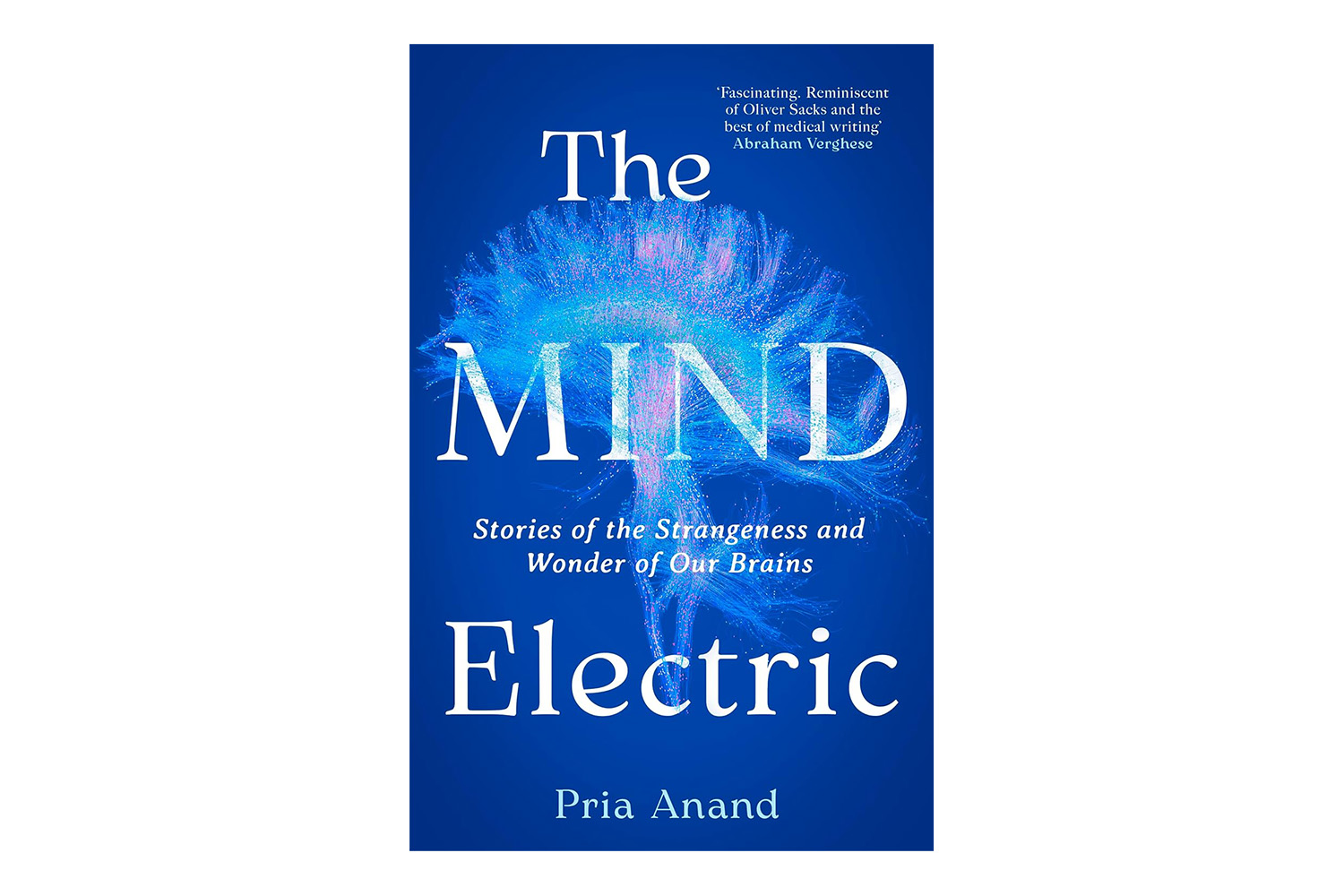
In her first book, the American neurologist Pria Anand combines memoir and patient anecdotes to lay bare the stories we tell ourselves when our brains go wrong. One woman comes to her channelling the voice of the holy spirit, while a family all strangely suffer from an inability to sleep. Anand plays detective in listening to their tales, believing that her sensitivity to storytelling makes her a better doctor, as she is alert to the body’s “tells” and the layers of narrative in which neurological problems manifest themselves.
Virago, £22; order a copy from The Observer Shop for £19.80
Question 7 by Richard Flanagan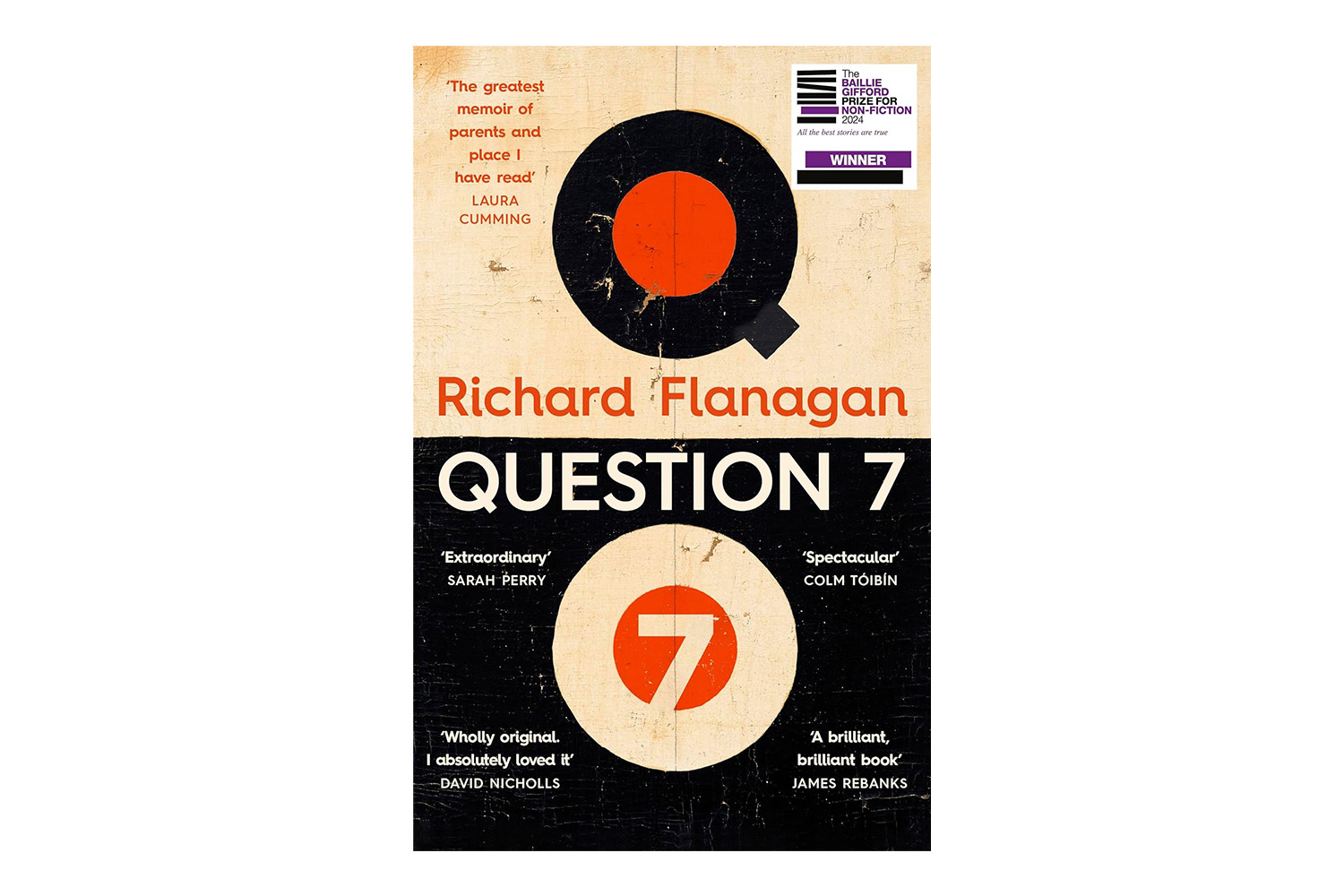
Now out in paperback, this unclassifiable book – part memoir, part novel – is the story of Richard Flanagan’s attempts to understand his late parents and, through them, the strange circumstances of his own life. He seeks to present his father as an example of the absurd calculus and complex happenstance of existence. The book’s title refers to an obscure Chekhov story that asks the same questions: can life be reduced to a series of equations? Are we all here as a result of the whims of chance? And, in Flanagan’s case, what would have happened to his father had the atom bomb not been dropped on Hiroshima?
Vintage, £10.99; order a copy from The Observer Shop for £9.89
Story of a Murder: The Wives, the Mistress and Doctor Crippen by Hallie Rubenhold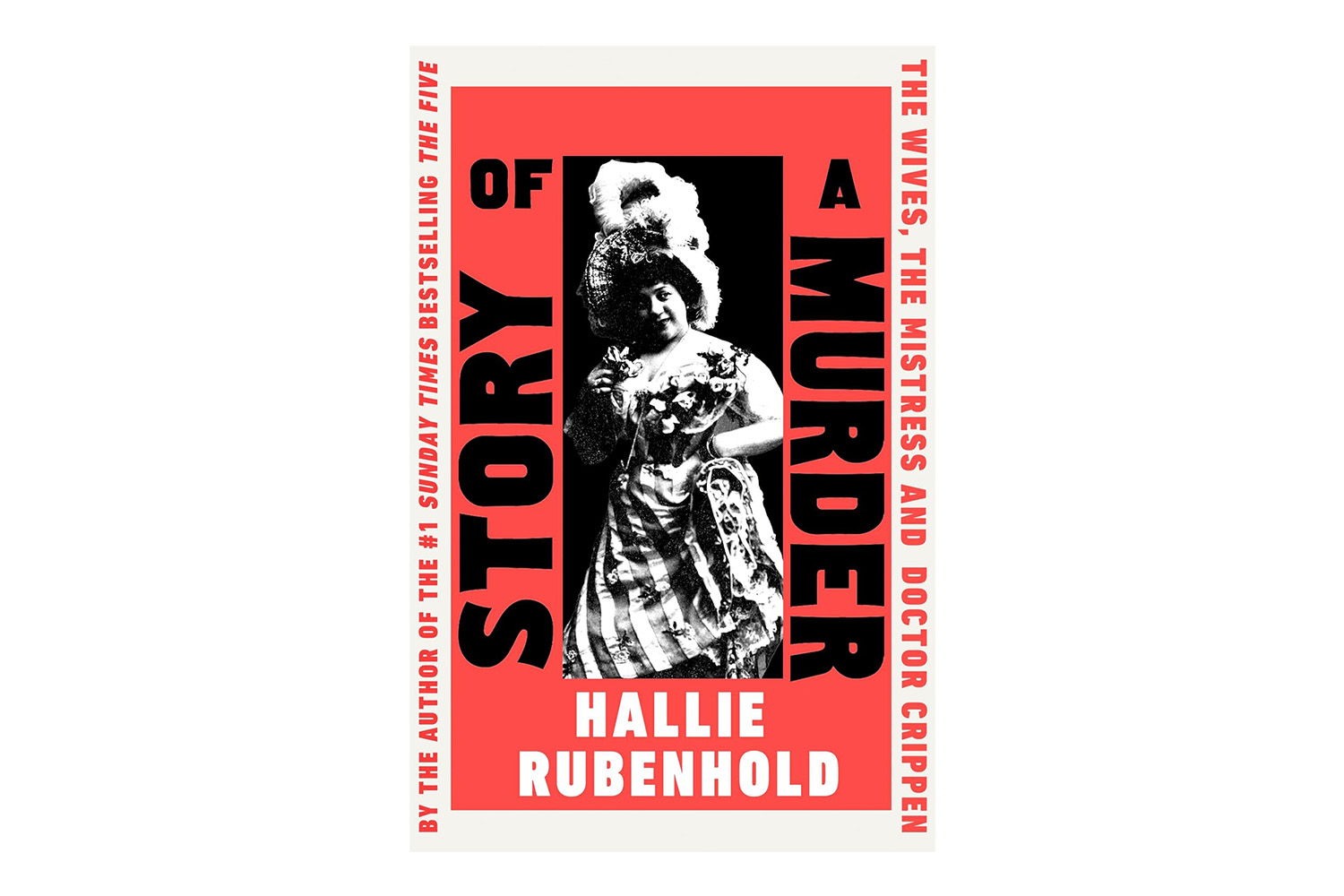
On the evening of 31 January 1910, Dr Crippen and his wife, Belle Elmore, had been entertaining their friends until the small hours. It was the last time they or anyone would see Elmore alive. Thus sparked an international murder case, one of the most notorious in Britain, later called “the crime of the century”. In Hallie Rubenhold’s engrossing account, she wades back through an Edwardian era of gaslight, grift and gullibility to shed light on the previous wives whom Crippen gruesomely disposed of, and the music hall women who eventually brought him to justice.
Doubleday, £25; order a copy from The Observer Shop for £22.50
